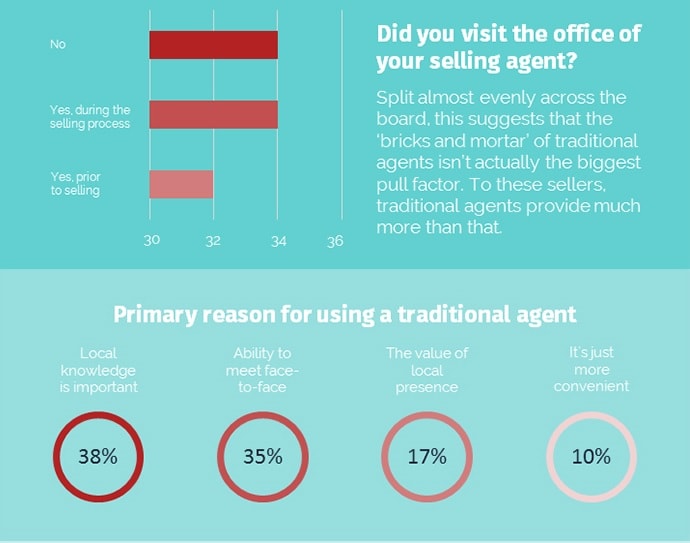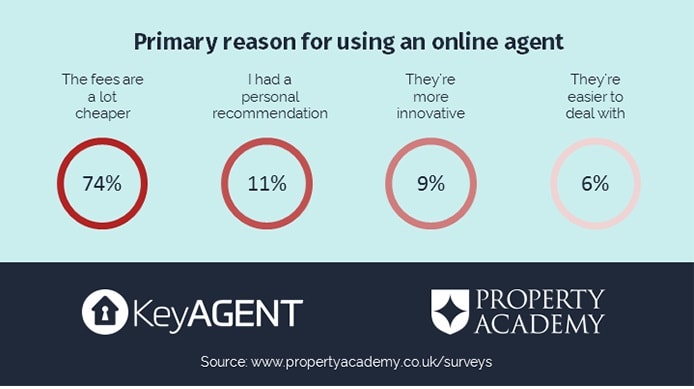House price growth likely to be curbed by supply boost next spring
Despite rising inflation and the end of both the furlough scheme and stamp duty holiday, UK house price growth continues to deny economic gravity as we head into the festive period. However, what goes up must surely come down – eventually.

The latest market analysis from Estate Agents show that a combination of rising interest rates and a much-needed increase in housing supply are the likely culprits to end the seemingly never-ending streak of stronger than usual house price growth.
Nationwide reported that the average UK price exceeded £250,000 in October for the first time. Indeed, new analysis shows the total value of the housing stock in England and Wales was £7.68 trillion in July 2021, which was an uplift of £720 billion from March 2020, when the total value was £6.96 trillion. The study, which puts a number on the total value of all private housing, factors in exchange prices as well as changes to house prices. A higher overall figure can reflect a larger number of households in a given local authority as well as higher-value properties.
The combined housing stock in the top ten local authorities by value also broke through the trillion-pound barrier over the course of the pandemic, rising to £1.007 trillion from £978 billion. However, there were not increases everywhere.
The highest total in July this year was £157.8 billion in the central London borough of Westminster, which was down by 10.1% from March 2020. The decline was the highest in England and Wales but is understandable given the area’s high proportion of flats and the fact fewer international buyers were able to travel to the UK.
However, it was one of only three local authorities in England and Wales that saw the value of its housing stock fall over the period, together with Lambeth (-2.2%) and Wandsworth (-1.1%).
There were other interesting changes in the top ten most valuable areas over the course of the pandemic. Cornwall leapfrogged Richmond-Upon-Thames into eighth place while Leeds replaced Ealing at number ten. Both changes can be explained by the growing demand for space and we have previously explored how Yorkshire, in particular, has benefitted from this trend.
The top three largest increases over the period were all in northwest England: Rossendale (24.2%), Wirral (21.6%) and Liverpool (21.6%).
Two things will curtail this strong level of growth. The first is rising interest rates. Last week, the Bank of England held the base rate at 0.1% but a rise is clearly coming.
However, it would be wrong to overstate the short-term impact on the UK housing market. Rates were 0.75% before Covid struck and any effect is likely to be limited while rates remain below this level. What’s different between now and early 2020 is the presence of inflationary pressures, which may cause demand to start fraying around the edges depending on how elastic the definition of “transitory” becomes. Longer-term, there will need to be a readjustment as rates normalise, a process that has been delayed by the pandemic.
Over 3.5 million first-time buyer mortgages have been issued since the base rate dropped to 0.5% in March 2009. That is a large group of homeowners who don’t know what it’s like when interest payments rise meaningfully.
The other thing to watch closely is supply, which will put downwards pressure on prices as it increases. The housing market is famously seasonal, so can we tell yet what is likely to happen next spring?
Source: www.propertyreporter.co.uk

 If you’re one of those shopping for a house soon and you are considering a mortgage, you should carefully analyse a couple of factors before making a decision. The location, the time you are going to spend in your new home (if it is temporary or, hopefully, for the rest of your life), the purpose of the investment (for your own living or if it is a buy to let), and other life circumstances should be considered when choosing a type of mortgage.
If you’re one of those shopping for a house soon and you are considering a mortgage, you should carefully analyse a couple of factors before making a decision. The location, the time you are going to spend in your new home (if it is temporary or, hopefully, for the rest of your life), the purpose of the investment (for your own living or if it is a buy to let), and other life circumstances should be considered when choosing a type of mortgage. The mortgage market also seems to be improving since the number of completed applications for first time buyers is rising. 67% of first time mortgage applications were completed in the first quarter of 2017, up substantially from 48% in the same period of 2016. Intermediaries have eased up the applications because of the struggle to obtain a mortgage that was intensely publicised last year.
The mortgage market also seems to be improving since the number of completed applications for first time buyers is rising. 67% of first time mortgage applications were completed in the first quarter of 2017, up substantially from 48% in the same period of 2016. Intermediaries have eased up the applications because of the struggle to obtain a mortgage that was intensely publicised last year. Buying a home for the first time is one of the biggest decisions you will make.
Buying a home for the first time is one of the biggest decisions you will make.











